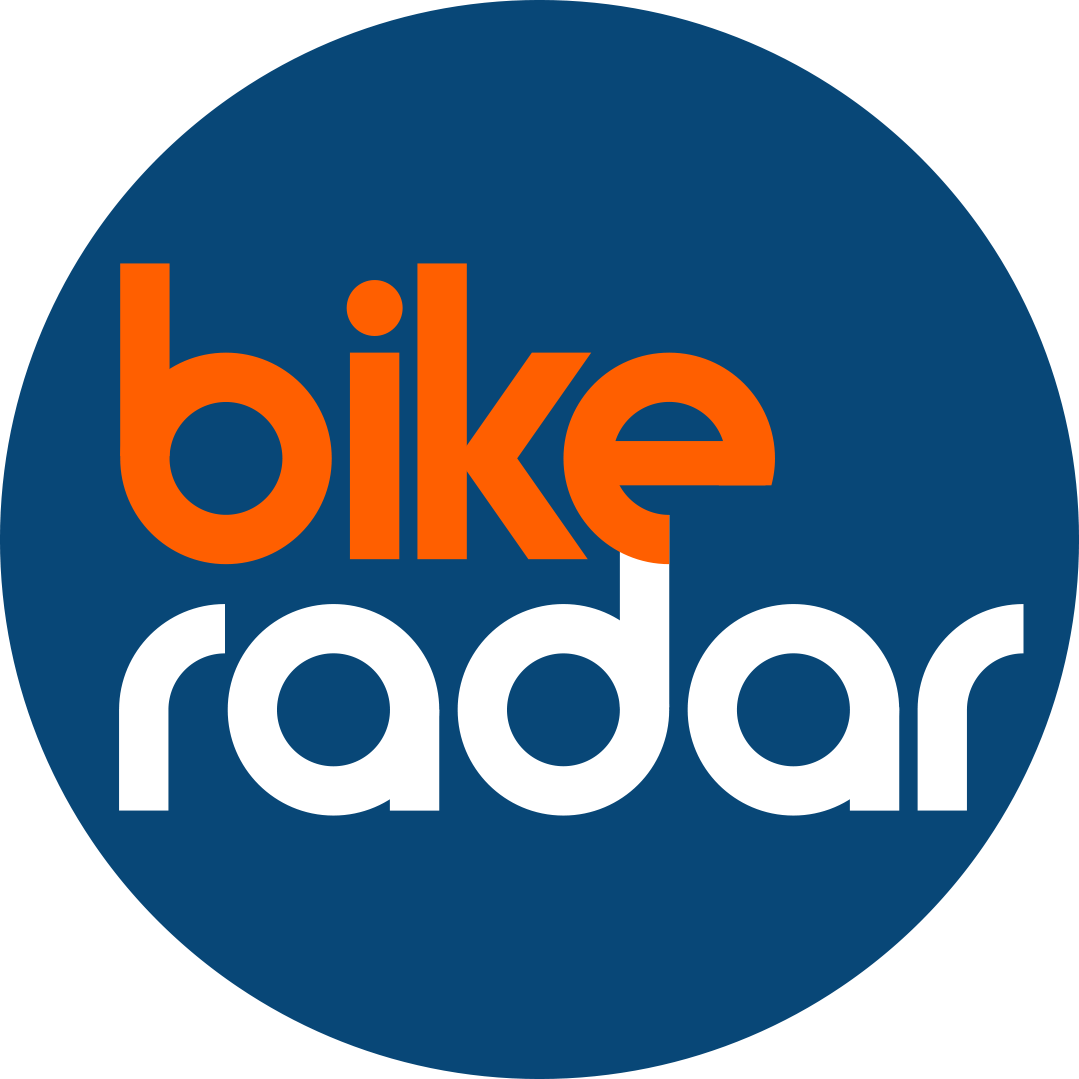Most of us finish a ride tired, but not everyone is hungry after training – making it easy to miss out on crucial refuelling. Eating the right food during your recovery window makes the most of your hard work and gives you the biggest performance gains, says OTE performance nutritionist, Annie Simpson.
“We are constantly looking to improve our sporting performance, mostly through our training,” says Simpson. “However it is actually during the recovery process that performance gains are made. Consuming the right nutrition during this period can help to speed up recovery and will supply your body with the correct resources to develop these training adaptions.
“A lot of emphasis is often placed on protein for recovery but research has shown it is actually the combined intake of protein and carbohydrates that is most beneficial. Carbohydrate intake stimulates an increase in the hormone insulin, which in turn stimulates the muscle to take up amino acids.
“You can opt for a meal, light snack or a recovery shake, as long as they contain the three key components it really is up to you. Many people are often faced with supressed appetite after training and so a convenient recovery shake, like an OTE protein drink, is an easy way to get all your recovery needs rolled in to one.
“But it doesn’t stop there in the quest for optimal recovery – it is important to consider timing as well. Try to consume your recovery food or drink as close to the end of training as possible. The 30 minutes straight after exercise is called the ‘Window of Opportunity’ as it is during this period that there is enhanced muscle uptake and retention of amino acids.
“When thinking about your recovery nutrition after a training session, there are three key components you need to consider: protein, carbohydrate and hydration.”
Protein to Repair
“Protein is important to repair muscle damage and to help build muscle post training. It is made up of amino acids, which are the building blocks that make up our muscles. The optimal amount of protein you should aim to consume post exercise is 20-25g. Any more than this is actually not necessary as our bodies just can’t process it in one sitting.
“Examples of foods containing 20g protein are two large eggs, a tin of tuna, a chicken breast, two sausages or a pint of milk.”
Carbohydrate to Refuel
“Carbohydrates are needed to replenish muscle glycogen that is used during exercise. Our bodies can only store a certain amount of carbohydrates at one time in our muscles and liver.
“How quickly you use up glycogen stores is very dependent on training status, intensity and time of exercise. Those that are highly trained will be able to ride for much longer without depleting their stores are they are better adapted to burn fat.
“When we exercise we are usually burning a combination of fat and carbohydrates and this ratio differs for everyone at different intensities.
“Generally anything over 90 minutes, of a moderate pace or higher, will deplete stores if you haven't eaten during the ride. But similarly, a very intense interval session or time trial of around an hour or slightly under will also deplete stores.
“For longer endurance rides of three to four hours, then it is very hard to replace all the glycogen being used even while eating on the ride, so recovery nutrition is particularly important.
“Aim to consume around 1.2g of carbohydrates per kilogram of body weight post exercise to optimise recovery.
“For a 70kg person this would be 84g of carbohydrates, which could be a bagel (50g of carbs) with half a large tin of baked beans (30g of carbs).”
Fluid to Rehydrate
“Fluid loss during training can vary drastically between individuals depending on sweat rates, but whatever is lost needs to be replaced. Next time you are out training try weighing yourself before and after, making sure you add on the amount you drank during training.
“The likelihood is you will have lost some weight but sadly this isn’t miracle weight loss but just water loss. Try to then consume 150 per cent of these losses within the first hour of recovery; remember 1 kg lost is equivalent to 1 litre.
“Using hydration tablets containing electrolytes in this situation is actually better than just drinking water as they help the body retain the fluid. Sipping little and often is actually much better for fluid absorption, so if it takes a little while longer then there is no harm in that.”
Continue to eat
“This is only the beginning of optimal recovery – the kick-start to the process. From here, it is important to consume another meal or snack every two to three hours containing 20-25g of protein to continue the recovery process.
“For most people this will just be a case of re-joining their usual meal pattern. One final tip to top off the perfect recovery – try having a protein rich snack before bed as this has been found to help you recover as you sleep. You will wake up ready to hit your training hard again the next day.”
Annie Simpson is performance nutritionist for OTE Sports.


